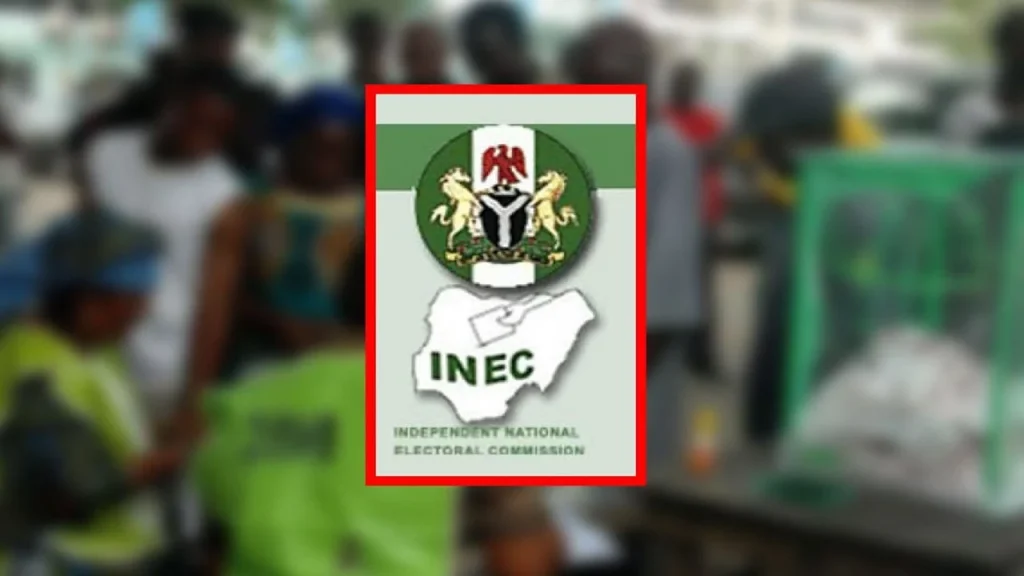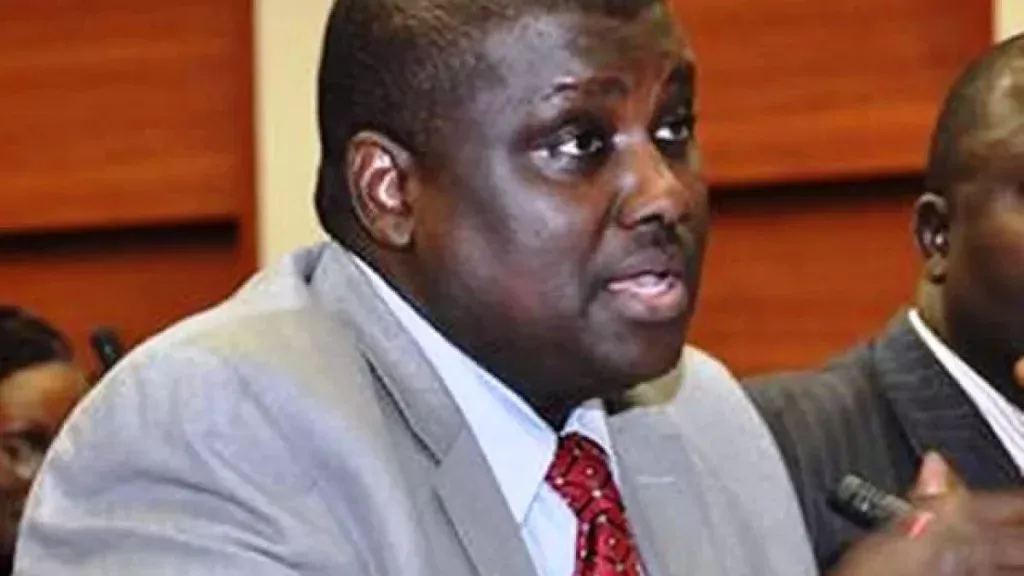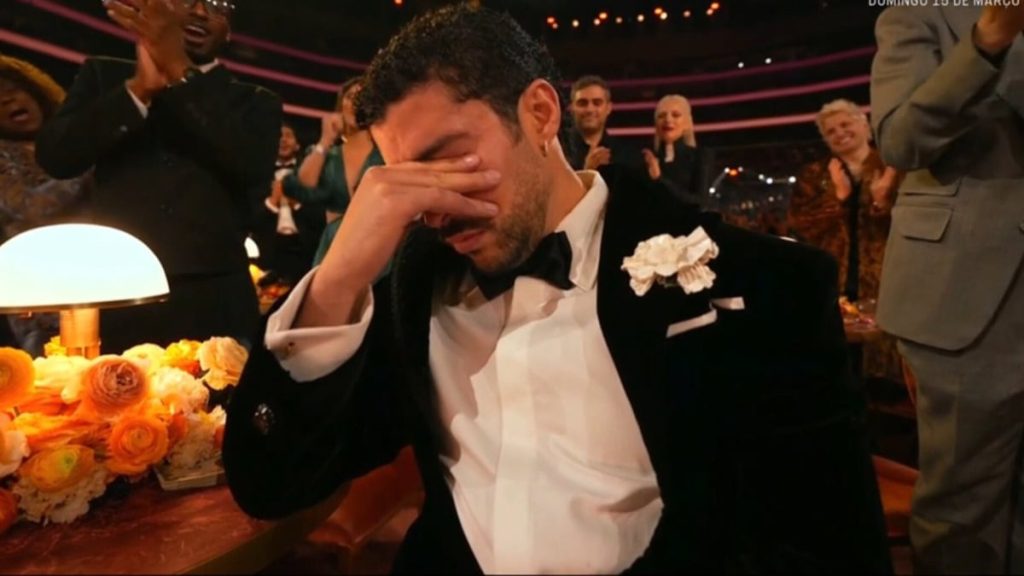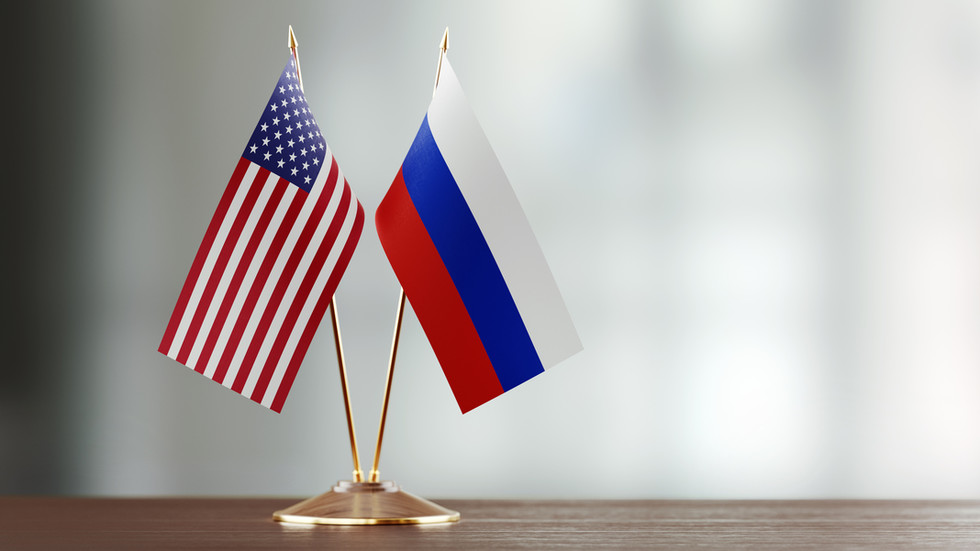People with disabilities in Zimbabwe are calling on the government to develop targeted support systems and inclusive policies to help them cope with the worsening effects of climate change. At a recent Climate Crisis Communication Workshop held at the University of Zimbabwe, participants emphasized that they are among the most affected groups, yet often excluded from national response strategies.
The workshop, jointly organized by Magamba Network and the University of Zimbabwe, brought together academics, students, and government officials to discuss climate communication strategies for vulnerable communities. Participants highlighted the specific challenges they face, including increased cases of skin diseases due to rising heatwaves and prolonged exposure to the sun, particularly among people with albinism. Those with mobility, visual, and hearing impairments also face barriers in accessing life-saving climate information.
Mavis Chuma, a visually impaired participant, stressed the need for financial assistance, accessible climate information, and health support. “Climate change is affecting young people living with disabilities, especially those with albinism,” she said. “Government and policymakers must consider our specific needs.”
The delegates called for inclusive disaster preparedness measures, ensuring that emergency communication tools cater to all disabilities. Trust, an event organizer from Magamba Network, emphasized the need for action beyond rhetoric, stating that the voices of persons with disabilities must shape the policies and solutions implemented by the country.
Workshop facilitators pledged to incorporate the concerns of people with disabilities into future climate communication strategies, recognizing that inclusive dialogue is vital to building national resilience. The event acknowledged the policy gaps and expressed commitment to ensuring that no one is left behind in the country’s climate adaptation efforts.
As Zimbabwe faces intensifying droughts, floods, and heatwaves, particularly in areas like Chimanimani, the need for inclusive climate communication strategies has become increasingly important. The workshop’s focus on strengthening climate communication for vulnerable communities is a step towards addressing the policy gaps and ensuring that the needs of people with disabilities are considered in the country’s climate response.



